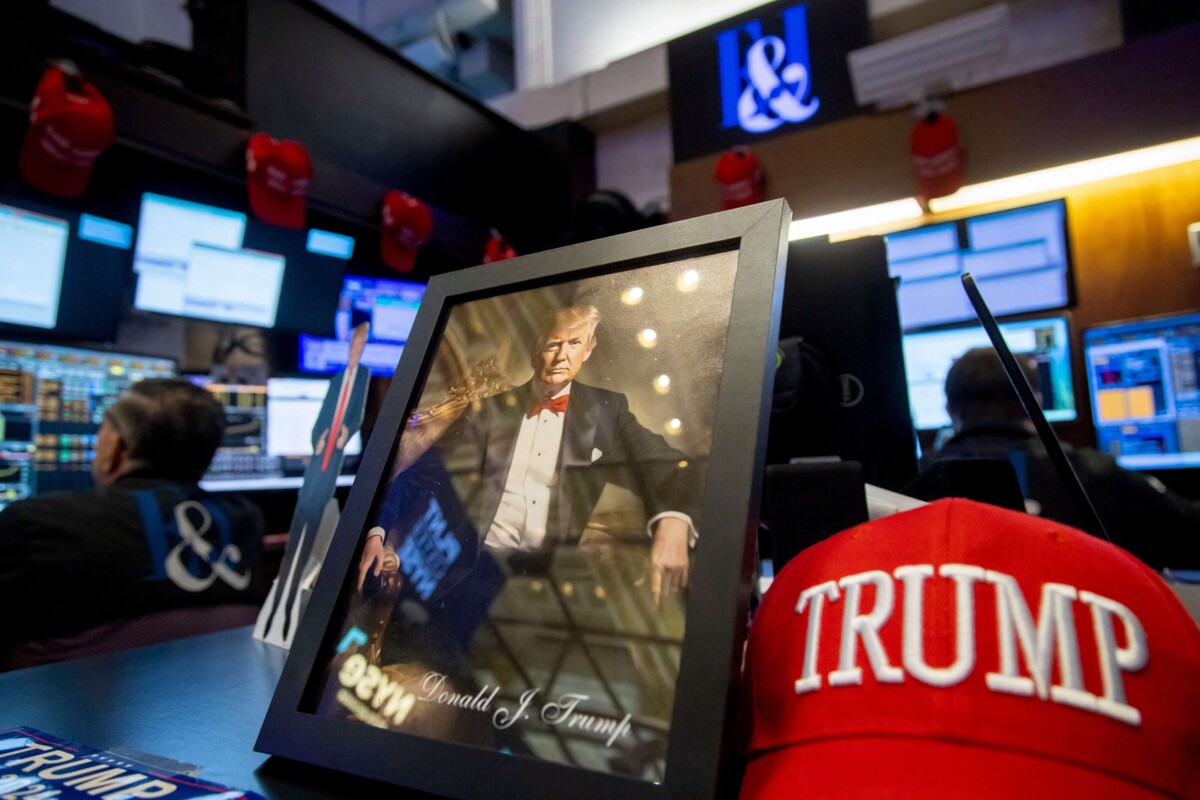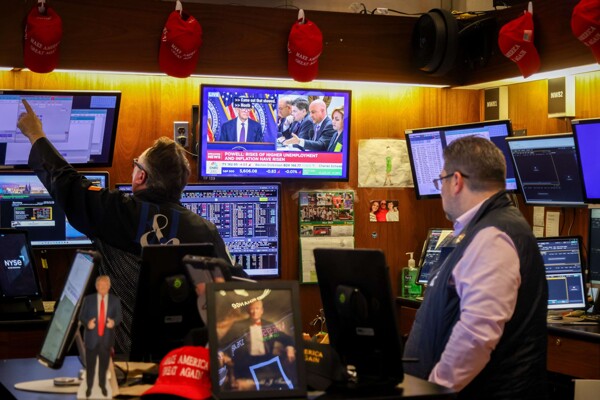
The financial market is showing signs of concern over President Trump's less predictable behavior regarding the current economic events. This has created a climate of nervousness that has been reflected in the drop in commodity prices, with oil being the most affected, as WTI, Brent, and the Mexican Export Mix have experienced significant declines.
The major stock indices in New York have recorded setbacks since mid-February, with the Nasdaq and S&P 500 decreasing by 12.90% and 8.62%, respectively, and the Dow Jones losing 6.62% since late January. In Mexico, the S&P/BMV IPC has fallen by 5.0% from its peak this year.
Leonardo Castillo, an investment advisor at Fintual, noted that uncertainty is something that markets dislike and that their reaction will be volatile to any signal related to U.S. trade policy. Additionally, the cryptocurrency bitcoin has suffered losses due to concerns over stock liquidations in the U.S.
April 2 will be a crucial moment with the implementation of reciprocal tariffs between the United States and other countries. A cooling in the U.S. economy has been observed, and the uncertainty generated by the tariffs has caused losses in global financial markets.
Brian Therien, an investment strategist at Edward Jones, mentioned that weak consumer confidence, reduced spending, and tariff risks are impacting growth prospects. Recent data points to a contraction in U.S. GDP in the first quarter of this year.
In the local market, the S&P/BMV IPC of the Mexican Stock Exchange and the FTSE-BIVA of the Institutional Stock Exchange closed with declines of 2.11% and 2.27%, respectively. This deterioration in economic expectations has contributed to the climate of nervousness and volatility in stock markets, according to experts such as Marco Montañez and Luis Gonzalí.














